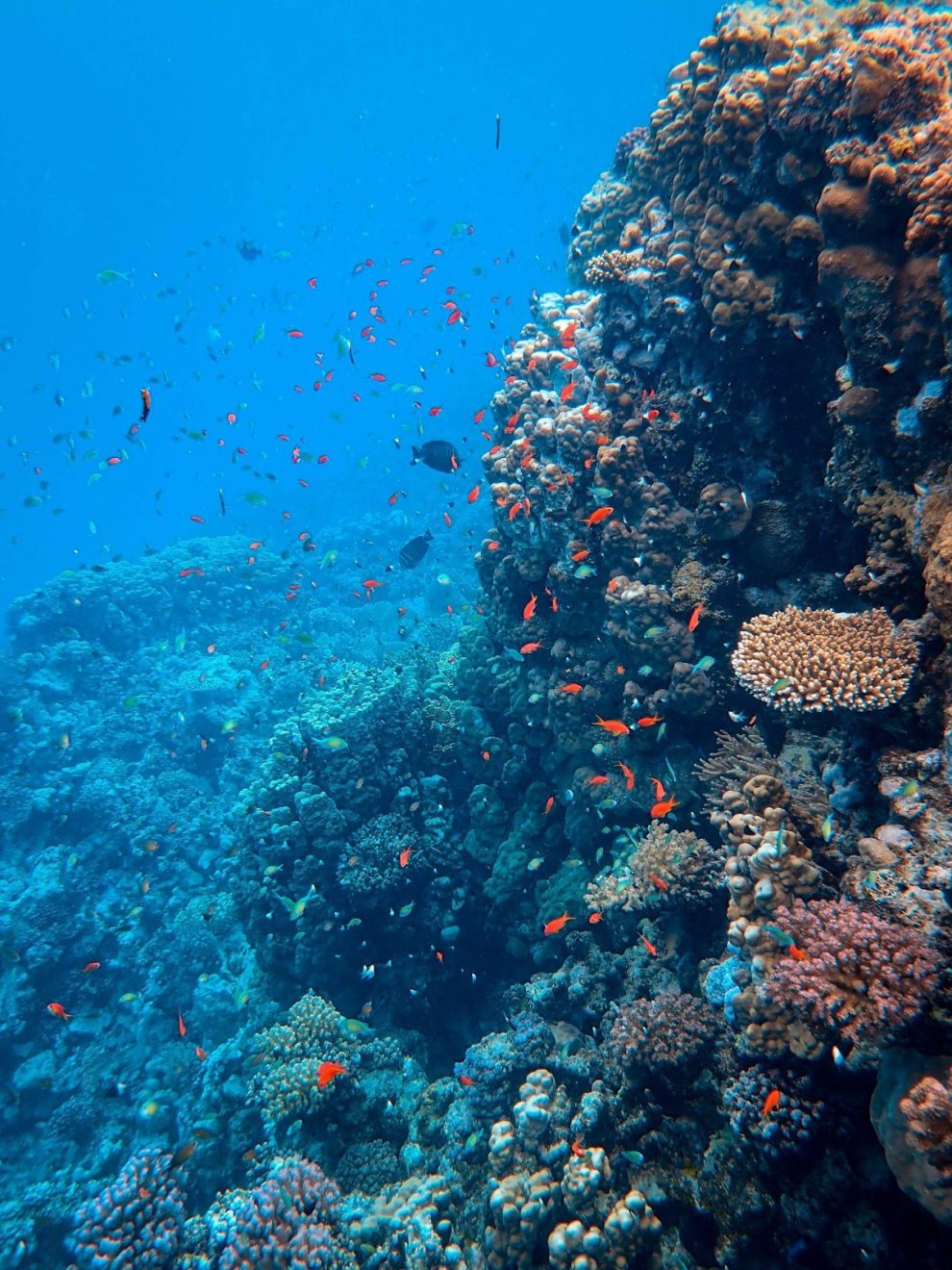Author: Glenn Liza Varghese
The depletion of coral reefs and ways of restoration
Coral reef, the ocean’s ecosystem has been depleted by 50% which also leads to a huge loss for 500 million households whose lives are dependent on fishing and tourism.
International Coral Reef Initiative (ICRI) is a partnership that caters to the preservation of coral reefs and other ecosystems of the world. Under the Convention of Biological Diversity (CBD), ICRI furnished an arrangement to prioritize the development of coral reefs post-2020 global biodiversity framework.
The framework contained specific actions/goals that aim at the restoration of coral reef and they are:
- Live Coral Cover: Provides a portrait of coral reef health in general
- Coral Reef Extent: Establishes whether the area of coral reef systems is increasing or decreasing
- Fleshy Algae Cover and cover of key benthic groups: Specifies coral reef health, growth in algal cover can indicate health status
- Fish Abundance and Biomass: Targets the purpose and productivity of coral reefs
- Percent Coral Reefs Effectively Protected: Assesses commitment to protecting coral reefs
- Index of Coastal Eutrophication: Signals water quality impacts in coastal areas
The above actions/goals also adhere to the five A’s given in the framework which are:
Accessibility: The above goals are accessible and easy to measure, at the same time, these goals have been in full use.
Accountability: While measuring the growth of coral reefs, the feature of accountability is very important. The initiative is committed to preserving and protecting the ecosystem.
Holistic Access: Holistic access measures the vitality and integrity of the coral reef systems.
Adaptiveness: A feature that ICRI states that they look for adaptive actions which help to identify various other options to protect the coral reef systems.
Alignment: The framework also provides a global alignment that generates consistency and measurement standards to understand the shift of dynamics in coral reef systems.
Due to the COVID-19 pandemic, there has been a delay in the proper execution of the framework but with the help of various channels, they have been able to safeguard the coral reef systems.
The latest discussions with the United Nations have shown that an increase in plastics has also contaminated the ocean’s ecosystem and there is an expectation that in a decade there will be more plastics dumped in water bodies at a threatening alarm if precautions are not taken.
It is estimated that if coral reef systems are developed through sustainable measures such as reduced usage of plastics and finding alternative methods to dump toxic nuclear waste, it will boost the tourism sector and commercial fisheries.
Picture Credit: Francesco Ungaro, Pexels ,
Reference: iisd














Add Comment